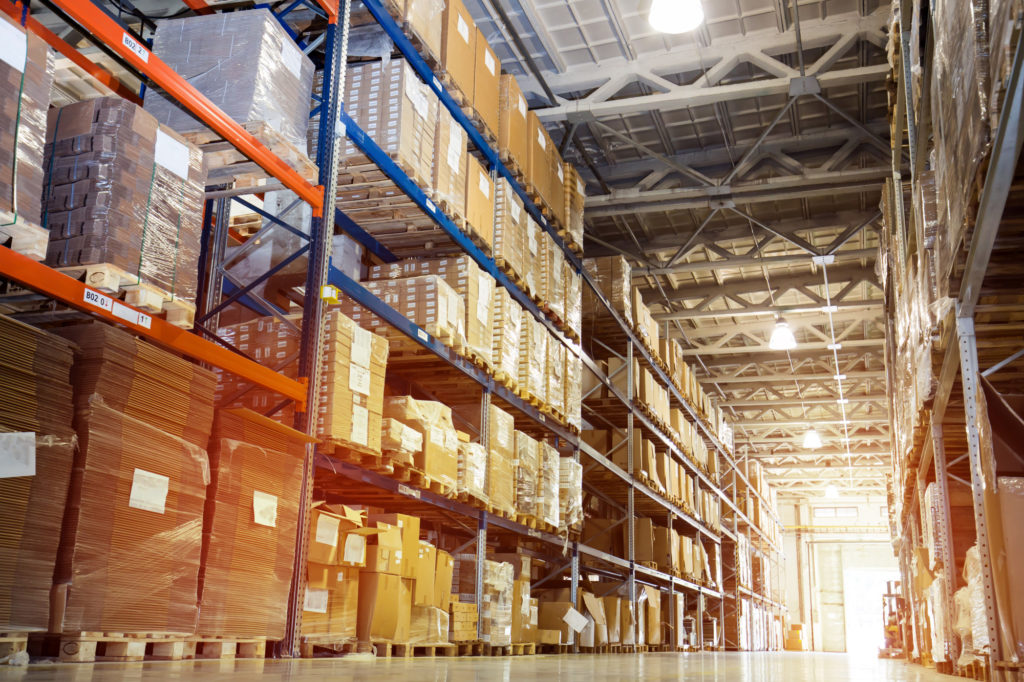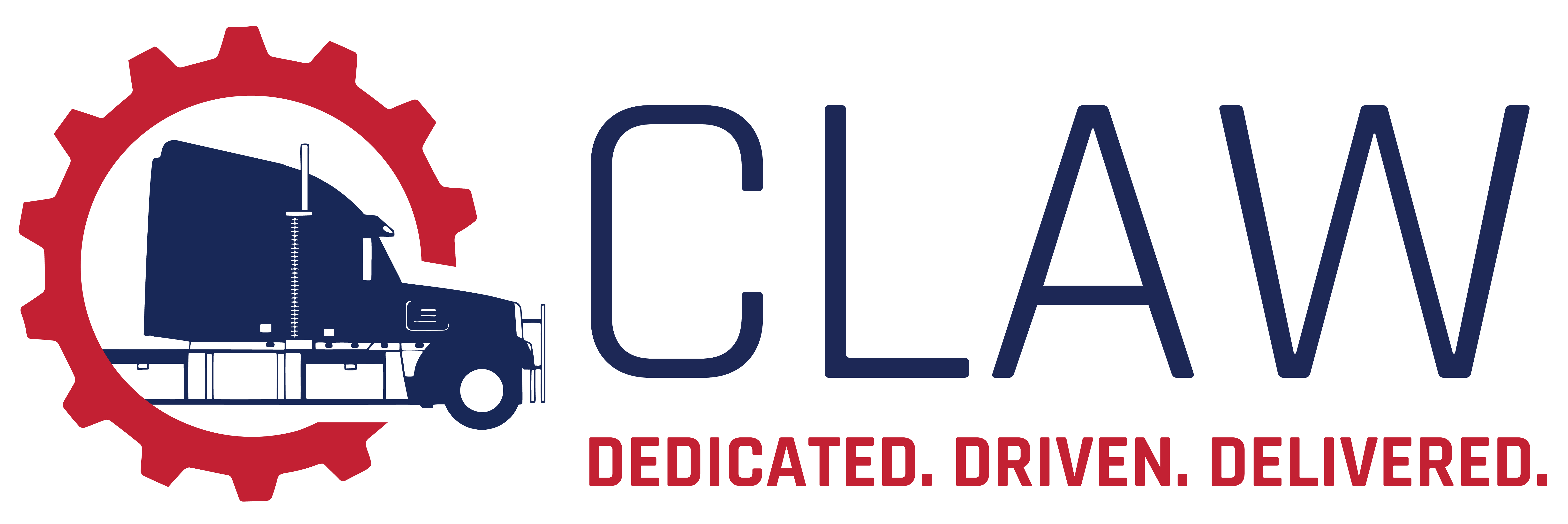
When it comes to successfully growing your business, the only thing that matters more than what you know is who you know. That being the case, the partnerships you make now will be a big factor in determining if your business will thrive or fall.
One of the most important things that you need to look into is finding proper warehousing solutions for your company. After all, you have goods that you need to be stored properly, and you can't afford to work with anything less than the best.
That being said, you need to learn how to choose the right company for your warehousing and storage needs. This article lists a few tips that you can use to find out which warehouse is the right one for your needs. Read on to find out more!
1. Your Warehousing Choice Should Be Close to Your Customers
One of the first and most important things to keep in mind when choosing a warehouse is the location. You'll want your warehouse to be close to your customers to help reduce shipping costs and ensure quick delivery of your goods.
2. Check the Warehouse's Experience
Any business will tell you that the more experience their potential partners have, the more likely they are to trust them with their needs. Find out how long your potential warehousing partner has been in the industry to get an idea of how successful they are at doing their job.
3. Learn Their Specialty
Warehouses are not designed to handle everything. Each warehouse is designed to hold specific types of goods and follows a set protocol, and it's up to you to find out which one caters to the goods that you sell.
4. Find Out How the Warehouse Processes Goods
You'll have to answer several questions with this one. How many points of entry does the warehouse in question have? What systems do they use to manage inbound and outbound traffic? Can they handle matters like inspection, dispatch, reverse logistics and packaging? The more they cover, the better they are for your company.
5. Discover How They Mitigate Risks
Your warehouse is supposed to reduce the risks that your company bears. That said, you'll want to make sure you talk to them about insurance coverage, safety plans, and incident rates. Therefore, to make sure they're every bit as safe as they are successful.
